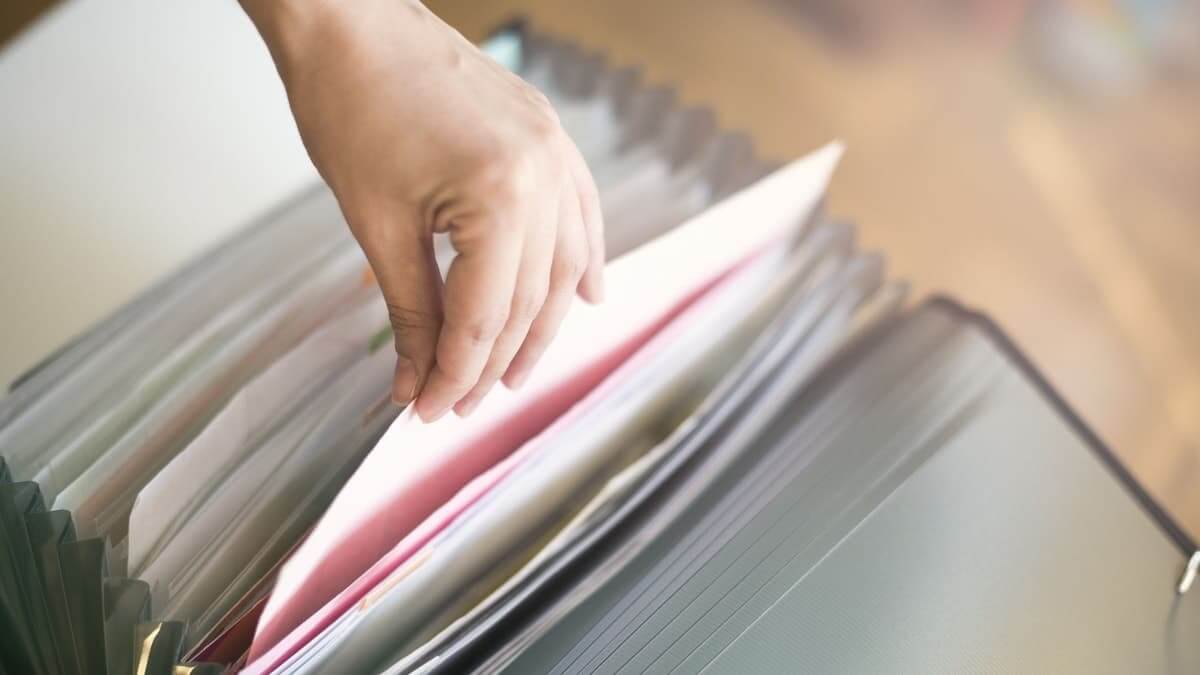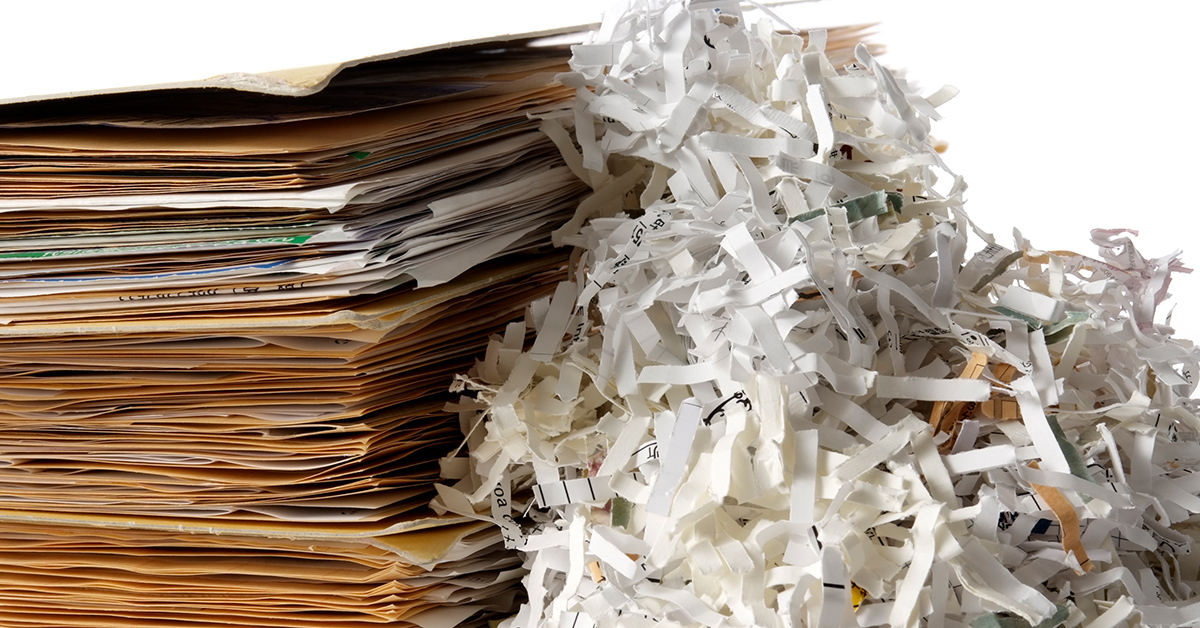How Long Should You Keep Tax Paperwork?

Dealing with tax paperwork can be a daunting task, especially when it comes to deciding how long to keep these records. Understanding the duration for which you should retain your tax documents is crucial for compliance with tax laws, for supporting potential audits, and for maintaining your personal financial history. Here’s an in-depth look at what to keep, how long to keep it, and why.
Understanding the Types of Tax Records

Before diving into the retention periods, it’s helpful to categorize tax documents into several key types:
- Income Documents: W-2 forms, 1099s, salary slips, rental income, dividends, and bank statements.
- Expense Receipts: Receipts for deductible expenses like medical bills, mortgage interest, charitable donations, and business expenses.
- Employment Records: Pay stubs, employment contracts, and records of job changes.
- Property Documents: Purchase agreements, closing statements, and improvement receipts for real property.
- Retirement Accounts: Contributions, withdrawals, and Form 5498 statements.
- Investment Records: Transaction receipts, statements, and confirmation of trades.
📌 Note: Keeping all these documents well-organized can significantly ease the stress of tax preparation and potential audits.
How Long to Keep Tax Records

Here's a guide on how long you should keep various types of tax documents:
General Rule of Thumb

- Retain tax returns and support documents for at least three years after the filing date or two years after the taxes were paid, whichever is later.
- In cases where you claim a loss from bad debts or worthless securities, extend this to seven years.
Permanent Records

- Some records should be kept indefinitely, like:
- Proof of home purchase and sales
- Records of capital improvements made to property
- Retirement accounts records
IRS Audit Guidelines

The IRS has different periods for audits based on various scenarios:
| Scenario | Retention Period |
|---|---|
| Standard Audit | 3 years |
| Failure to Report Income | 6 years |
| Fraud or No Filing | Indefinite |

⚠️ Note: If you’ve reported over 25% of your gross income, the IRS may extend the audit period to six years.
Specific Tax-Related Events

- Bad Debts and Worthless Securities: Keep records for 7 years.
- Capital Gains or Losses from Real Property: Keep indefinitely.
- Employee Business Expenses: 3 years from when you file or the due date of the return, whichever is later.
- Health Insurance and Other Tax Credits: Retain for at least 4 years if claiming health coverage exemptions or premium tax credits.
Why Keeping Records Is Important

Maintaining tax records not only helps you comply with legal obligations but also:
- Provides evidence in case of an IRS audit
- Helps in determining tax savings through accurate reporting
- Offers a financial history for loans, mortgages, or other financial agreements
Practical Considerations

- Digital Storage: Digitizing your tax documents can save space and make retrieval easier. Ensure secure backups.
- Hard Copies: Some financial institutions and tax professionals still prefer hard copies for certain documents.
- Shredding: After the required retention period, shred personal information to protect against identity theft.
🔑 Note: When digitizing records, use encrypted files or secure cloud storage to maintain privacy and security.
Tax Preparation Tips

To streamline your tax preparation process, consider these tips:
- Set up a dedicated space or file system for tax-related documents.
- Keep electronic copies and receipts in a cloud service or external hard drive.
- Label and categorize documents as they relate to specific tax forms or schedules.
With the above guidelines and tips, you now have a comprehensive understanding of how long you should keep your tax paperwork. This approach not only aids in tax compliance but also provides a structured way to manage your financial records for both short-term and long-term benefits.
Summary

Tax records are essential for various purposes ranging from audit protection to financial planning. By understanding the different types of documents, knowing the appropriate retention periods, and organizing your records systematically, you ensure compliance, prepare for potential audits, and secure your financial history. Remember, the better you organize your tax documents, the more straightforward your tax season will be.
What should I do if I am audited by the IRS?

+
First, don’t panic. Collect all relevant documents for the audited year(s). Keep in mind that the retention periods we’ve discussed might help you in this process. Consult with a tax professional who can guide you through the audit process, represent you if needed, and ensure you respond appropriately to the IRS request.
Can I keep tax documents electronically, or do I need physical copies?

+
Both electronic and physical copies are acceptable. However, ensure that electronic copies are backed up securely. Physical copies might still be required by some financial institutions or for legal purposes. A hybrid approach, where you have both electronic and hard copies for critical documents, can offer additional security.
How do I know when I can safely dispose of tax documents?

+
You should wait for the expiration of the applicable retention period based on IRS guidelines or your specific situation before disposing of documents. Remember to shred documents containing personal information to prevent identity theft. A good practice is to note the date you filed your tax return and add the appropriate number of years for retention.



